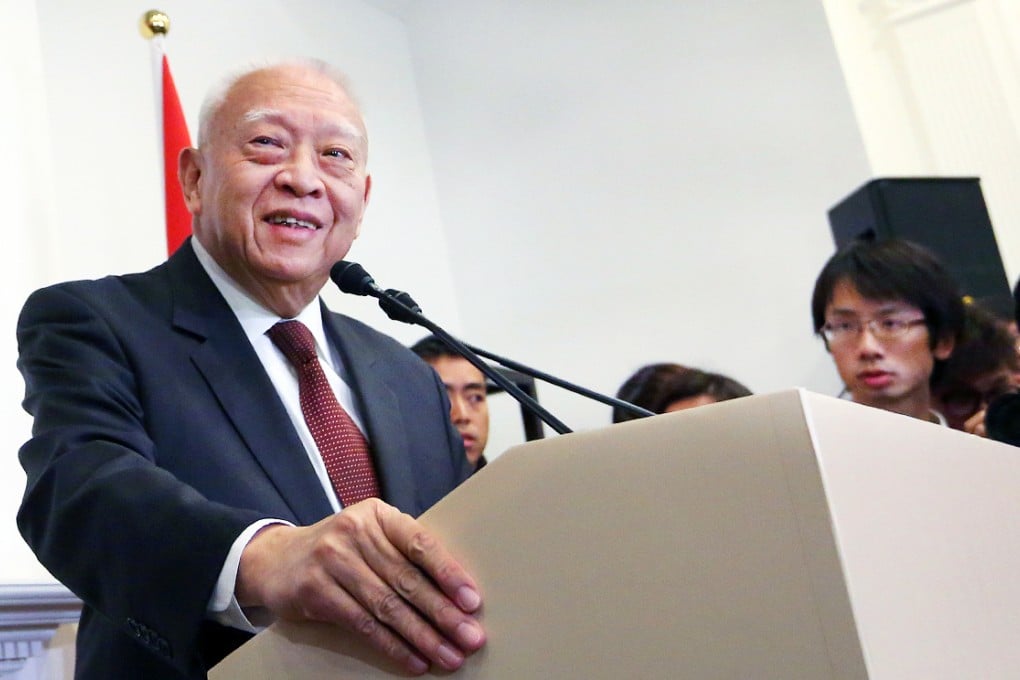National security laws have place in Hong Kong, says former chief executive Tung Chee-hwa
Citing Basic Law, ex-chief executive urges locals to face up to reality and not be 'outsiders'

Hongkongers should stop acting like "outsiders" in their own homeland and start appreciating the importance of national security, the city's first chief executive, Tung Chee-hwa, said in rare remarks about controversial laws seen to be behind his premature resignation in 2005.
Beijing had the power to introduce mainland laws into Hong Kong, but whether it would do so was another matter, said Tung, now vice-chairman of the Chinese People's Political Consultative Conference, the nation's top advisory body.
He was responding to a suggestion by Stanley Ng Chau-pei, a local deputy to the national legislature, at the weekend to apply the mainland's tough security laws to the city.
READ MORE: No need to apply national security laws to Hong Kong, top Basic Law Committee member says
But Chief Executive Leung Chun-ying reiterated his government had no plan to enact national security legislation.
Also yesterday, Basic Law expert Albert Chen Hung-yee said the mainland's security laws "were probably deemed not applicable to Hong Kong" when the mini-constitution was drafted.
Tung brought up the topic in the first comments ever by a former chief executive on a current leader's annual policy address.
Speaking in his third media conference since September, the 77-year-old said it was only a matter of time before the city would draw up its own national security laws, as Article 23 in the Basic Law required it to pass legislation prohibiting acts of "treason, secession, sedition, or subversion".
He said: "Our nation is starting to become strong, and its importance is growing on the international arena. From a Hong Kong perspective, we cannot act like outsiders. We should know this is important, and we have to make the legislation one day."
